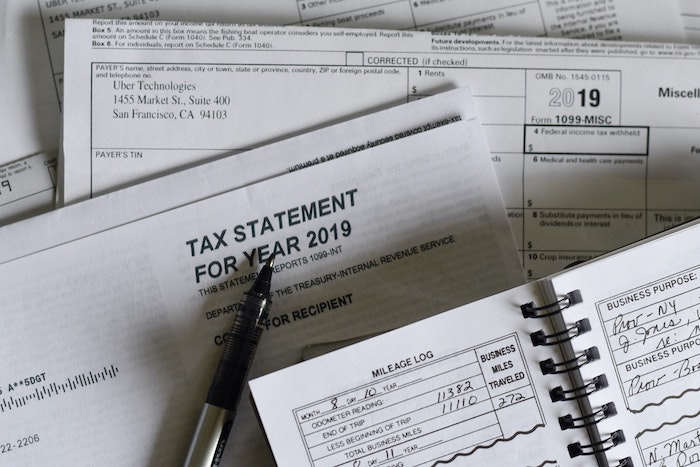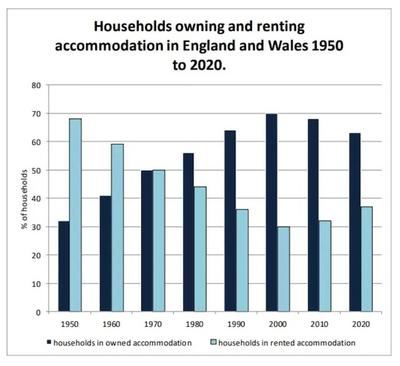- Home
- Sample Essays
- Happiness and Income Inequality Essay
Happiness and Income Inequality Essay for IELTS
This happiness and income inequality essay for IELTS asks you to discuss whether there would be greater happiness if the income gap between the rich and poor was reduced.
Take a look at the question and the model answer.
 Would reducing income inequality lead to greater happiness?
Would reducing income inequality lead to greater happiness?You should spend about 40 minutes on this task.
Write about the following topic:
Many people believe that reducing the income gap between the rich and the poor can lead to happier societies.
To what extent do you agree or disagree?
Give reasons for your answer and include any relevant examples from your own experience or knowledge.
Write at least 250 words.
Model Answer
The concept of reducing the income gap between the rich and the poor is often associated with the creation of a happier society. I partially agree with this sentiment, as closing the income disparity has significant implications for societal well-being, although it is not the sole determinant of happiness.
To begin with, a narrowing income gap can address many root causes of social dissatisfaction. When wealth is more evenly distributed, it can lead to improved access to essential services such as healthcare, education, and housing for those at the lower end of the economic spectrum. This access empowers individuals, improves their quality of life, and can lead to higher levels of satisfaction and happiness. Additionally, a smaller income gap reduces feelings of inequality and injustice, fostering social cohesion and reducing societal tensions.
Moreover, reducing income inequality can have positive economic outcomes. It can lead to greater consumer spending and economic growth, as a larger portion of the population has disposable income to contribute to the economy. Such economic stability may contribute to a general sense of well-being and happiness within society.
However, economic equality alone does not automatically result in a happier society. Other factors, such as political stability, cultural values, social networks, and personal freedom, play crucial roles in determining overall happiness. Additionally, an overemphasis on income redistribution without addressing underlying issues such as economic productivity and innovation can have negative consequences, such as reduced incentives for hard work and entrepreneurship.
In conclusion, while reducing the income gap can contribute to societal happiness by enhancing equality and access to essential resources, it must be part of a broader strategy that includes addressing other factors impacting well-being. Only then can a truly happier society be achieved.
(286 Words)
Comments
This happiness and income inequality essay for IELTS would get a high IELTS score.
It has a good introduction that introduces the topic then gives a clear thesis statement/opinion.
It it followed by three clear, well-organised body paragraphs that support the thesis statement. The first two body paragraphs explain why it would be a positive development as it would address the causes of social dissatisfaction and possibly lead to economic improvements.
The last one though explains that happiness is not just a result of economic equality, going on to explain other important factors.
It also has good examples of topic-related vocabulary and phrases such as
- income disparity
- societal well-being
- social dissatisfaction
- evenly distributed
- injustice
- social cohesion
- income redistribution
The grammar is also accurate, with a good range and mix of complex sentences and structures.
Comments
Any comments or questions about this page or about IELTS? Post them here. Your email will not be published or shared.
Band 7+ eBooks
"I think these eBooks are FANTASTIC!!! I know that's not academic language, but it's the truth!"
Linda, from Italy, Scored Band 7.5


































